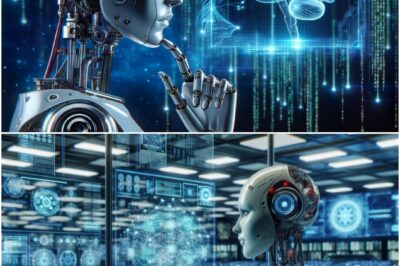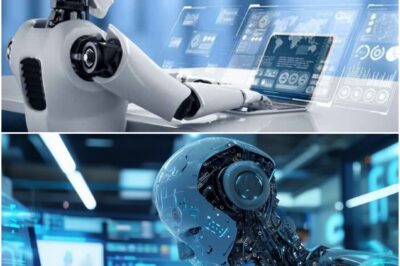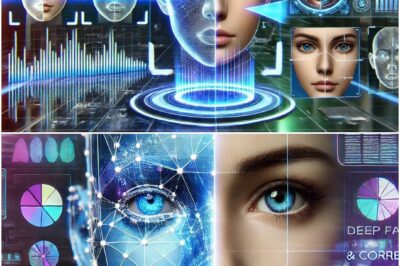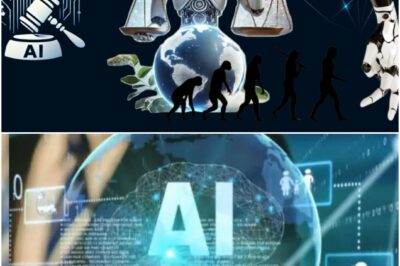Every era produces its rebels. The new kind are called biohackers — people who treat biology like open-source code.
They’re implanting chips under their skin to unlock doors, experimenting with nootropics to boost focus, and even editing their own DNA using CRISPR kits. Some are fringe idealists chasing immortality; others are genuine innovators redefining medicine from their garages. Either way, the movement signals a cultural shift: biology is no longer sacred. It’s editable.
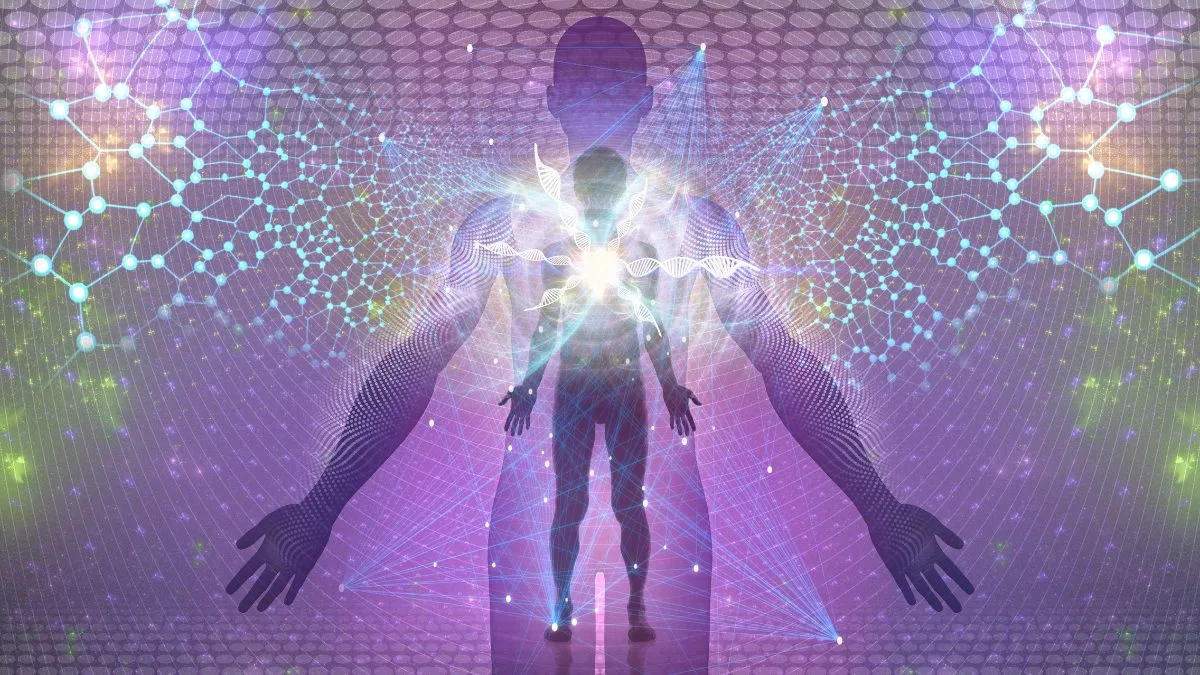
Mainstream science is catching up. Labs are growing replacement organs from stem cells, printing living tissue, and exploring synthetic blood. The boundary between therapy and enhancement is blurring. When a prosthetic arm can lift more than a human one — is it still a disability tool, or an upgrade?
Biohacking sits at the edge of ethics. Should we enhance intelligence if we can’t guarantee equality? Should parents be allowed to optimize embryos? The questions echo louder than the answers. Humanity isn’t waiting for evolution anymore. It’s rewriting the code itself.
News
The Ghost in the Machine: When Artificial Intelligence Starts Asking Who It Is
There’s a strange hum in the background of modern civilization. It’s the sound of millions of processors thinking — not…
Robotics Gets Emotional: The Quest to Build Machines That Feel
Robots can walk, talk, and even dance — but can they care?The next frontier of robotics isn’t physical dexterity; it’s…
The Age of Synthetic Life: Programming Biology Like Code
For billions of years, evolution shaped life through randomness. Now, humans are editing nature with precision. Synthetic biology is the…
Deepfake Nation: When Reality Itself Becomes Editable
In 2025, truth no longer needs to be destroyed — it just needs to be remixed.Deepfakes have evolved far beyond…
The Blockchain Beyond Crypto: The Quiet Revolution You Missed
Crypto made headlines — but blockchain’s real revolution was never the coins. It’s the infrastructure beneath them. Think of blockchain…
The AI Arms Race in Education: Learning Without Teachers?
In classrooms from California to Seoul, students are learning from something that isn’t human. AI tutors are grading essays, generating…
End of content
No more pages to load

